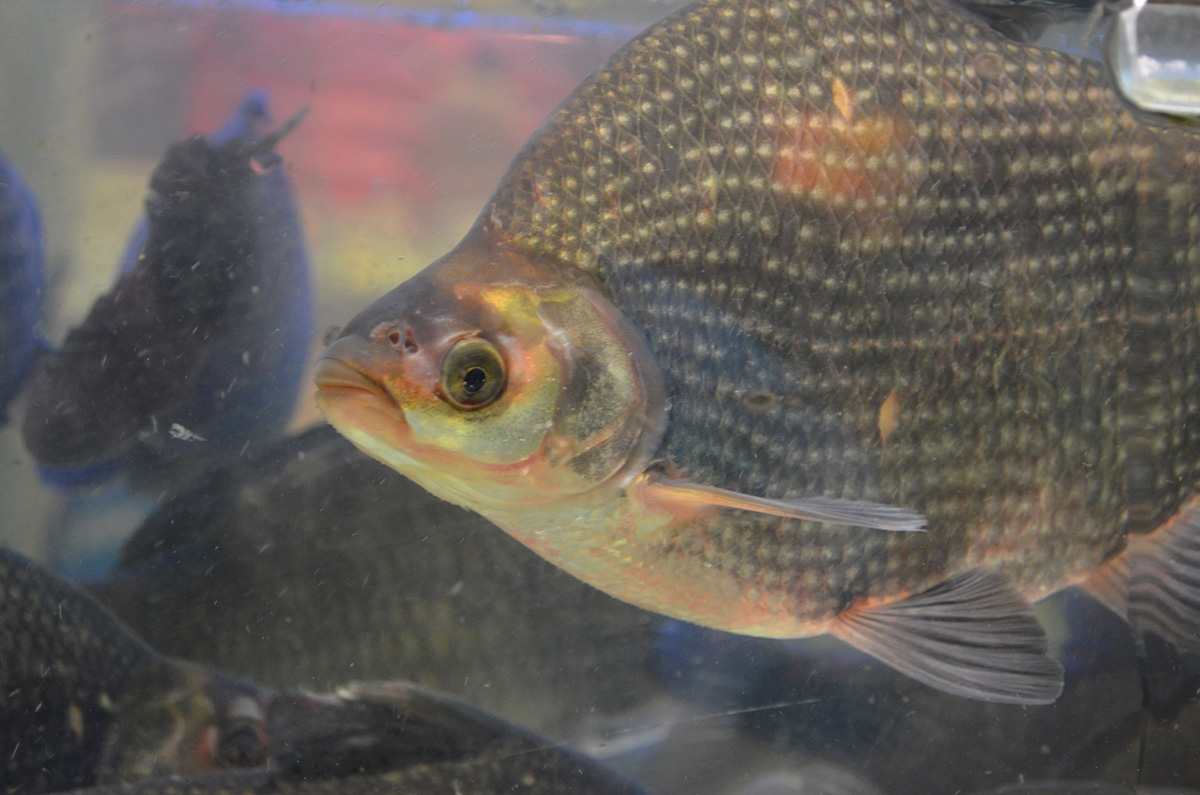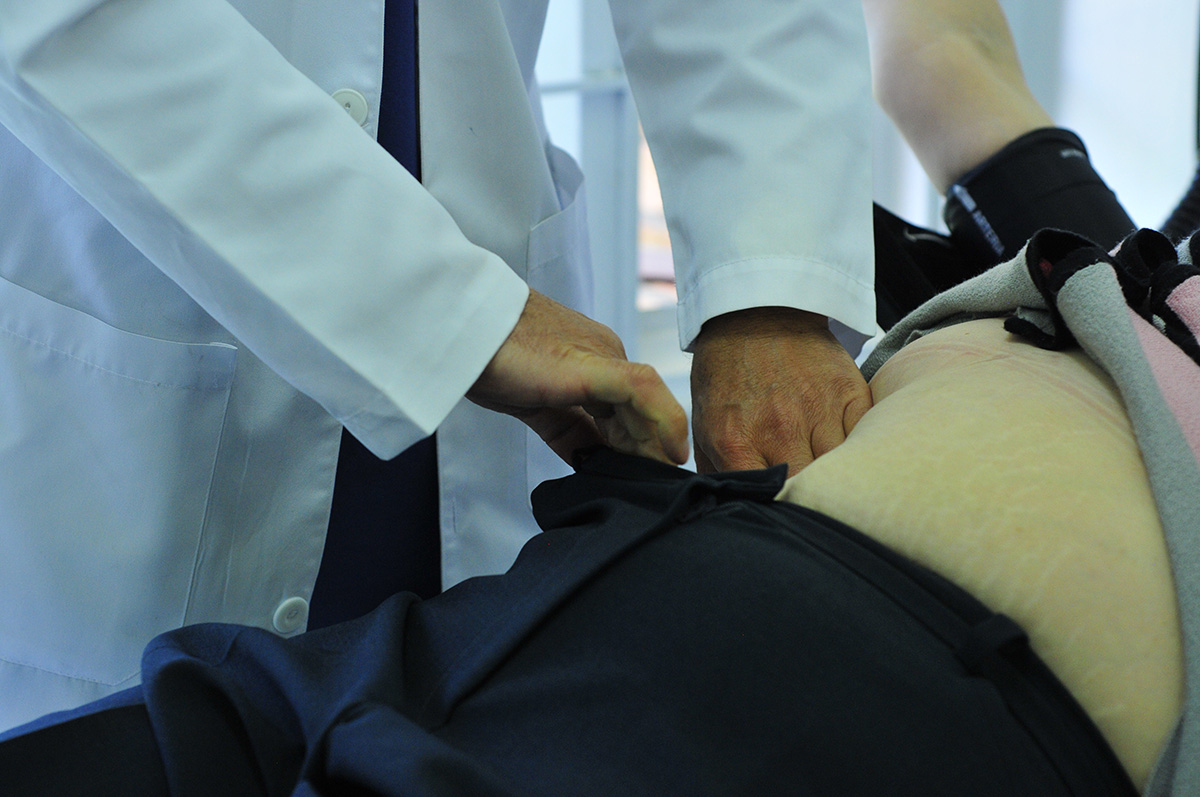Colombia is the eighth largest producer of tilapia in the world. Fish farmers in temperate and warm areas of the world (approximately 135 countries) make a living out of farming this fish.
For this reason, Universidad Nacional de Colombia (UNal) Biotechnology Ph.D. Paola Andrea Barato researched the way to control the propagation of this bacterium which takes refuge in tilapia intestines and avoiding its reproduction.
"The first step was to carry out a molecular characterization of the bacteria and analyze the sugars in the intestine of the tilapia and see which inhibited the passage of the infection," said Barato.
To perform the analysis Barato used bacteria from the 2003-2012 Bacteria Bank and compared healthy and infected tilapia as well as with tambaqui another popular fish farming species in Colombia.
What Barato discovered was that lactose and galactose are two types of sugars which inhibit the passage of the bacteria from its molecular structure to the intestine of tilapias.
This whole process was carried out using ex vivo infection, which means they did not infect the fish directly but through laboratory infection procedures.
"This discovery is very important because it helps in building these sugars to avoid infections without having to make use of vaccines and antibiotics which have proven to be ineffective," said Barato.
After these results Barato and her research group decided to patent the project in Colombia and internationally. For Colombia, they filed a request with the Colombian Superintendence of Industry and Commerce and internationally they registered the patent with the International Patent System. For now, they are deciding in which countries the model will be applied.
Being tilapia production vitally important for the country, these control strategies are an alternative which considerably improves the market.
 Correo Electrónico
Correo Electrónico
 DNINFOA - SIA
DNINFOA - SIA
 Bibliotecas
Bibliotecas
 Convocatorias
Convocatorias
 Identidad UNAL
Identidad UNAL







